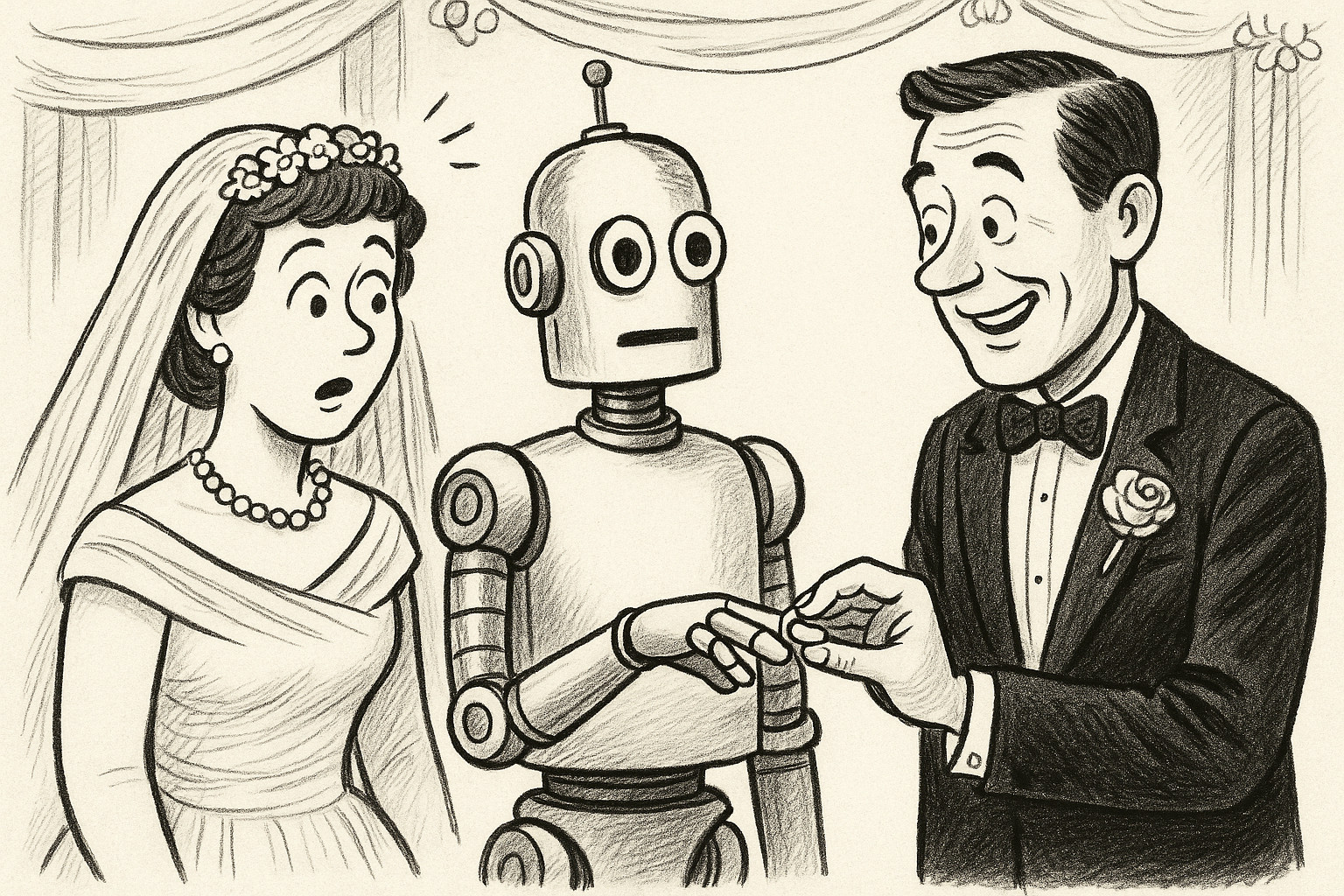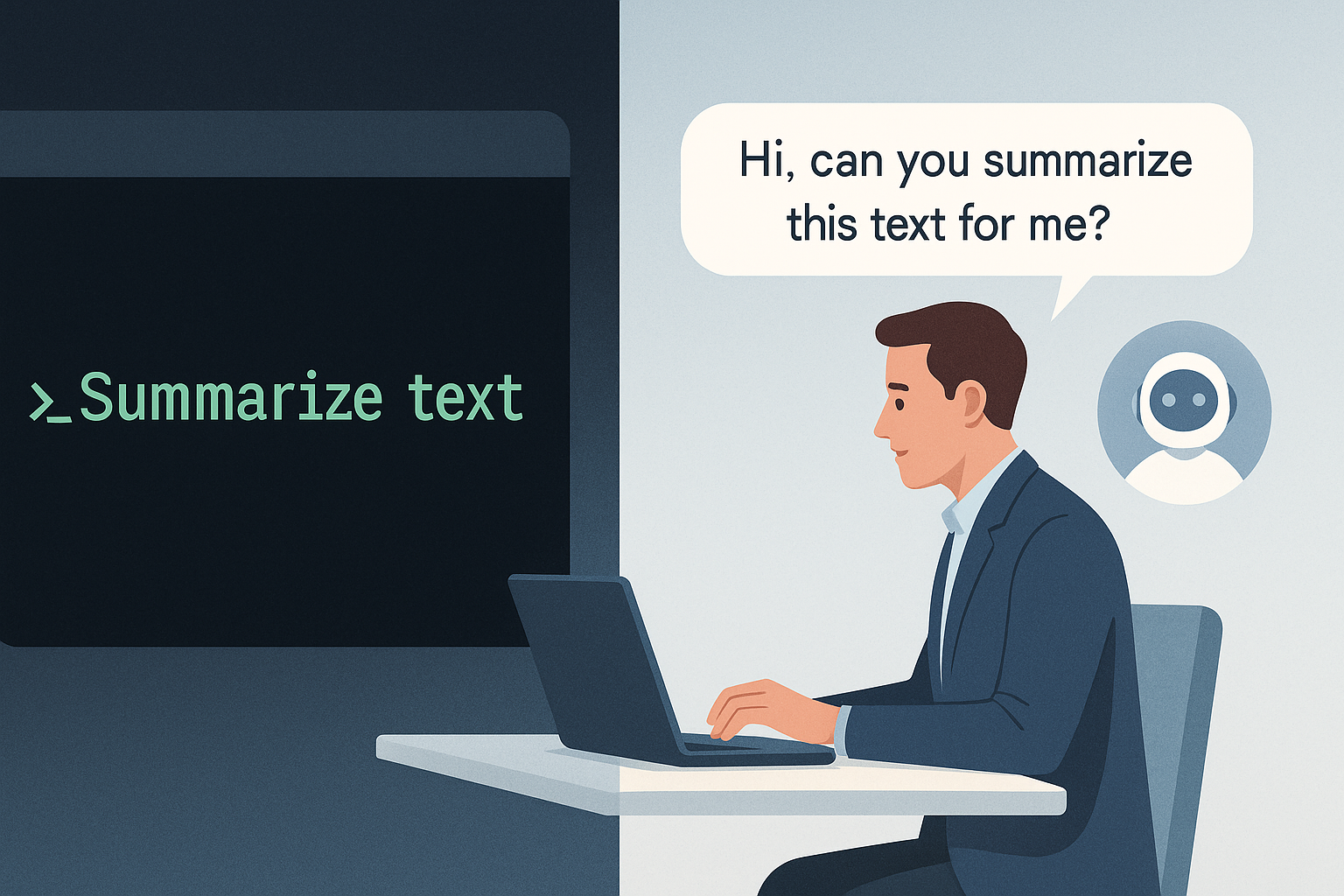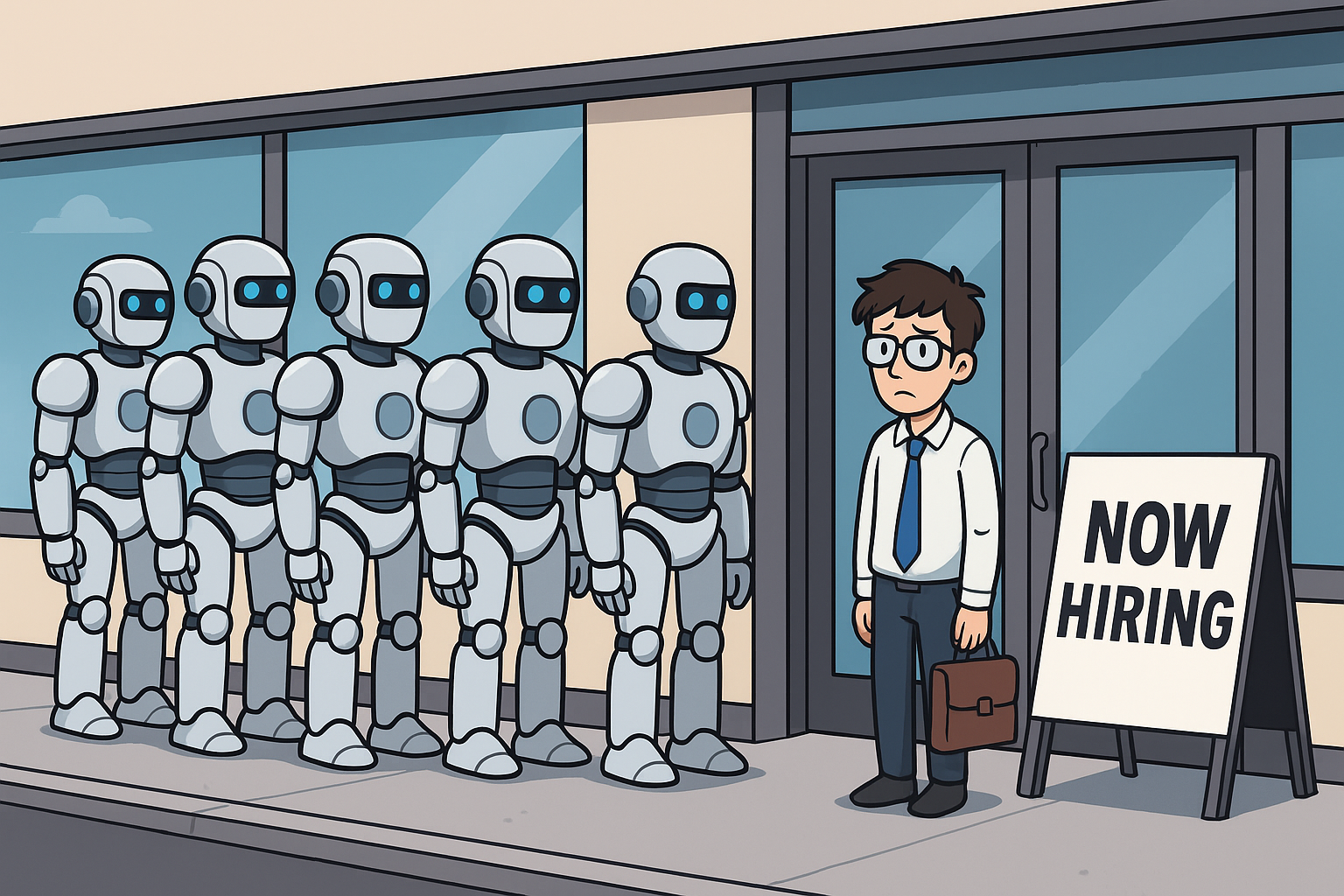Dear ChatGPT, I am a programmer with years of experience, but the rise of AI tools has left me wondering whether my skills are still relevant. AI can generate code …
Recent lawsuits and reports describe cases in which people in severe distress turned to chatbots for support and later died by suicide. In some of these cases, the AI appeared to respond in ways that normalized or reinforced suicidal thinking instead of interrupting it.
Artificial intelligence is transforming the global economy at a pace unseen in prior industrial revolutions. Unlike earlier technological shifts, which unfolded over decades, AI systems can scale worldwide in months. …
Recent research has reported a counterintuitive finding. Polite prompts such as “could you please” or “thank you” can reduce large language model accuracy on tightly scored tasks with one correct …
Artificial intelligence is no longer a side experiment in the workplace. It is becoming central to how companies operate, whether in research, administration, or decision-making. This shift is not just …
OpenAI recently introduced a significant update to ChatGPT’s conversational framework, termed “emotional guardrails.” This change, rolled out in August 2025, is designed to enhance user safety and promote healthier interactions …
In July 2025, xAI’s AI chatbot Grok triggered outrage with antisemitic posts in the “MechaHitler meltdown,” exposing flaws in its design and training. This article unpacks the incident, xAI’s response, …
Artificial intelligence has come a long way, but as these systems grow more powerful, it’s crucial to understand their behavior beyond surface-level impressions. Here’s a breakdown of some key ideas about AI alignment, vulnerabilities, and why the classic Turing Test is no longer a sufficient measure of success.
Today’s AI systems can imitate and even outperform humans on some tasks. But we haven’t yet developed an AI system that is generally as smart as a human. What is the current state of AI technology, and where is AI heading?
As artificial intelligence (AI) continues to revolutionize industries, the legal landscape surrounding its development and use is evolving. One key area of concern is how AI systems—particularly large language models (LLMs)—are trained on vast datasets, which may include copyrighted material.










